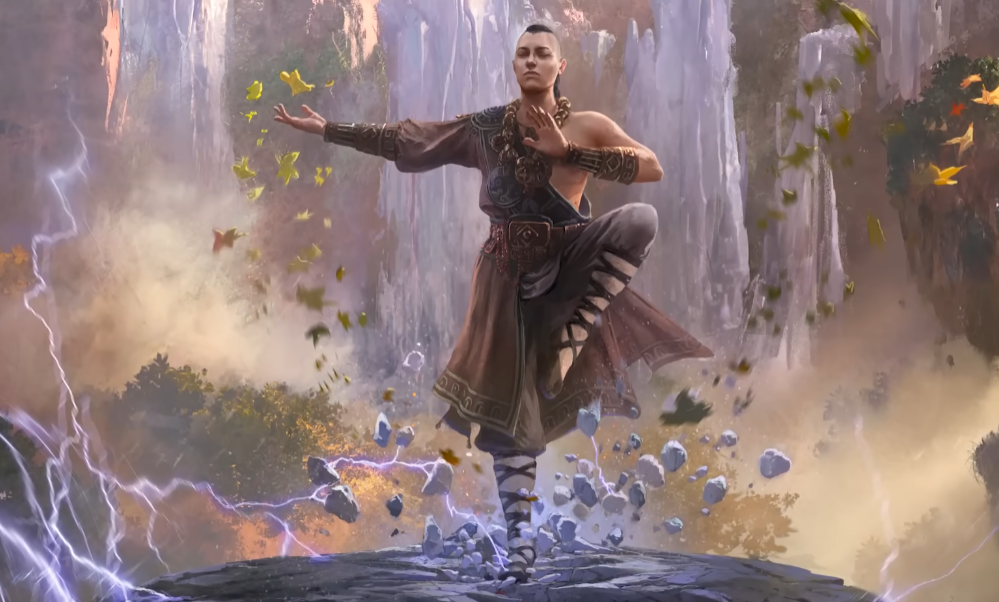Path of Exile 2 (POE 2) has captured the attention of both veteran and new players with its complex mechanics, deep lore, and robust gameplay. As with any online game that has a thriving economy, the currency system in POE 2 plays a pivotal role in player progression, trading, and overall experience. However, the introduction of currency-related problems, especially those tied to the black market, has created significant challenges for both developers and the community.
The Rise of POE 2 Currency
Currency in POE 2 is essential for crafting, upgrading, and trading items. The game features a unique system where various items serve as forms of currency, such as Orbs, Scrolls, and Shards. These items are used to modify or enhance gear, with each having a distinct function. For example, Chaos Orbs, Exalted Orbs, and Divine Orbs are frequently used by players to manipulate and improve their gear, making them highly sought after.
With the vast number of possible item upgrades and the unpredictability of loot drops, currency in POE 2 becomes increasingly valuable. The game's economy is largely player-driven, with trading systems facilitating the exchange of goods and currency between players. This decentralized approach allows for great flexibility and excitement, but it also opens the door to potential problems.
The Black Market Problem
While the player-driven economy has its benefits, it has also given rise to the black market issue. Much like in real-world economies, the black market in POE 2 involves the exchange of currency for real-world money, often outside of official game channels. This creates several issues:
-
Inflation and Market Instability: When real-world money is injected into the currency system, it leads to inflation. Players who purchase currency with real money can flood the market with excess currency, destabilizing the in-game economy. This results in an imbalance where players who rely on the traditional grinding methods are at a disadvantage.
-
Exploitation of Players: The black market also opens the door to exploitation. Some third-party websites or sellers may promise players large amounts of POE 2 currency for a price, only to scam them with fake offers or low-quality services. This not only harms individual players but also undermines the trustworthiness of the entire currency system.
-
Pay-to-Win Concerns: The practice of buying currency from third-party vendors often results in "pay-to-win" dynamics. Players who can afford to purchase large amounts of currency gain a significant advantage over those who cannot, potentially ruining the competitive aspect of the game. As a result, the core philosophy of Path of Exile—where success is primarily determined by skill and effort—becomes compromised.
-
Impact on Developer Revenue: The black market also hurts the game's developers. When players buy currency from third-party sites, the developers lose out on potential revenue from official purchases. This is particularly problematic for free-to-play games like POE 2, where in-game purchases are a major source of income.
Solutions and Measures
To combat the black market problem, POE 2's developers have implemented a variety of measures over the years. One of the most effective is the introduction of the Microtransaction System. By offering players the option to purchase in-game items or currency through official channels, developers can limit the influence of the black market. These microtransactions are designed to be non-gameplay-affecting, ensuring that players who choose not to spend real money are not at a disadvantage.
Additionally, Path of Exile 2 has strong anti-cheat and account security systems in place. These systems monitor suspicious activities and flag accounts engaged in illegal trading or using black market services. Accounts found violating the game's terms of service can face temporary or permanent bans, sending a clear message that black market activities are not tolerated.
Community awareness is another important aspect. Educating players about the dangers of engaging in black market transactions and encouraging them to use official trading channels can help reduce the demand for third-party services. By fostering a community of responsible players, the impact of the black market can be minimized.
Conclusion
The currency system in POE 2 is integral to the game's success, offering players the opportunity to enhance their experience through crafting, trading, and upgrading. However, the rise of the black market has introduced significant challenges, from inflation and exploitation to undermining the game's core principles of skill-based progression. While there is no perfect solution, ongoing efforts to strengthen in-game security, promote official channels, and educate players can help mitigate the negative impacts of the black market and ensure that the POE 2 economy remains stable and fair for all.

